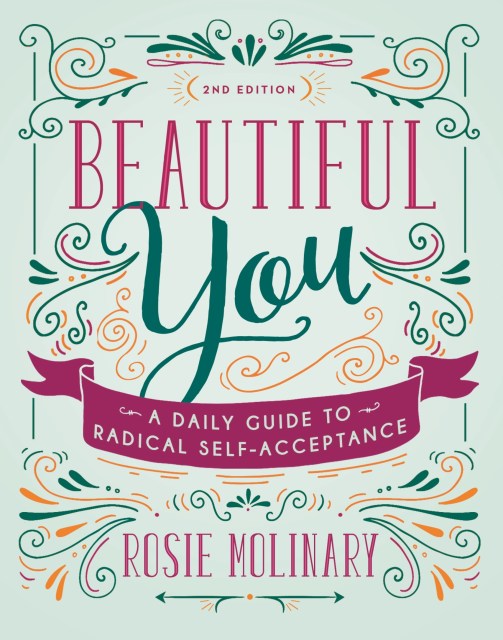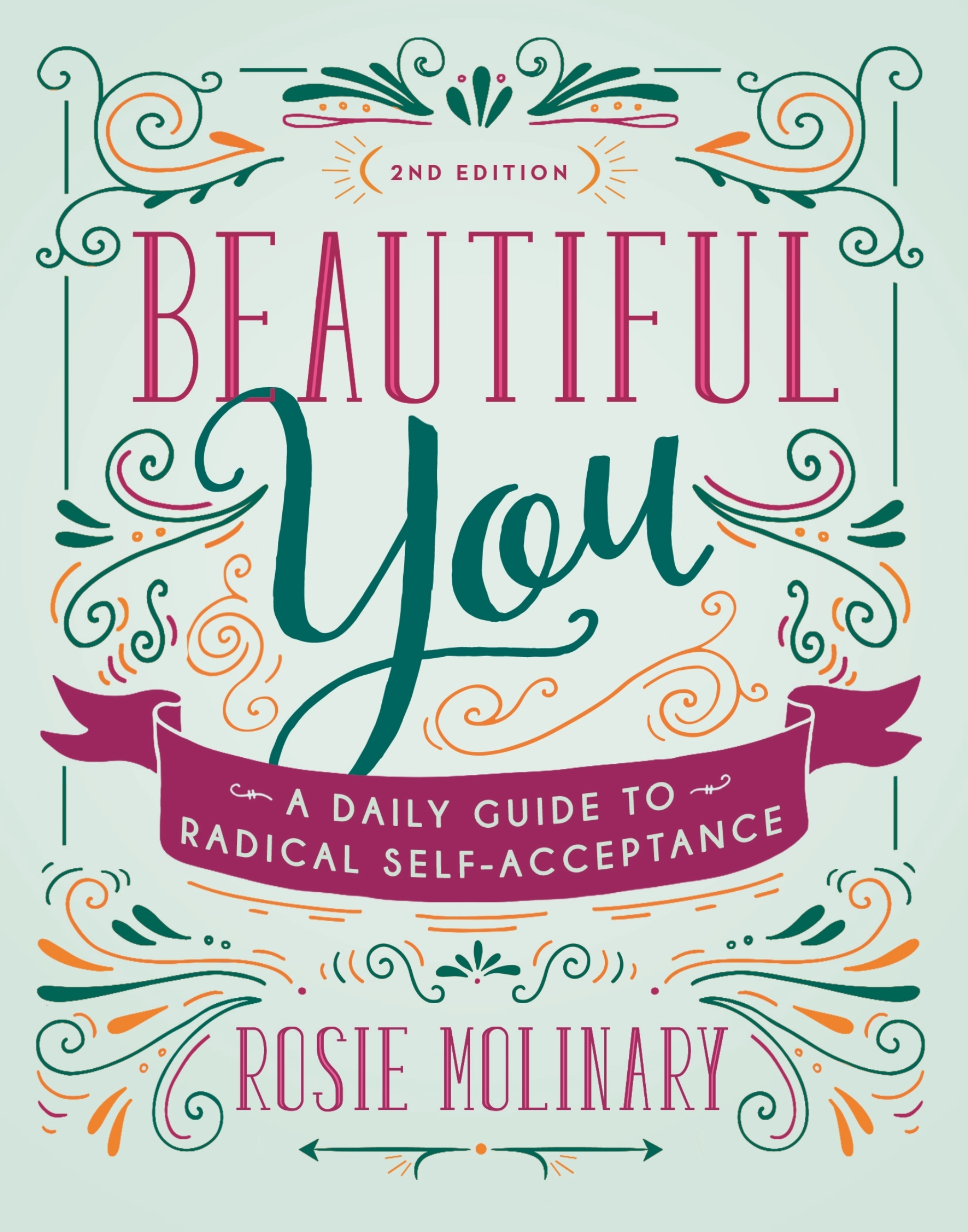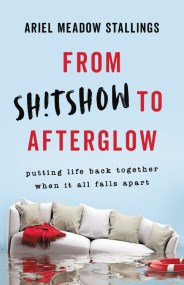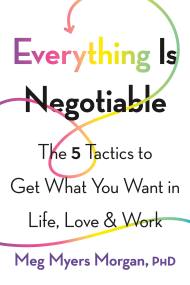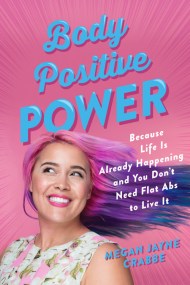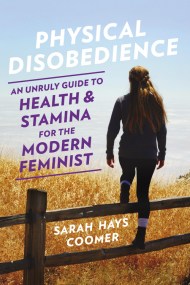By clicking “Accept,” you agree to the use of cookies and similar technologies on your device as set forth in our Cookie Policy and our Privacy Policy. Please note that certain cookies are essential for this website to function properly and do not require user consent to be deployed.
Beautiful You
A Daily Guide to Radical Self-Acceptance
Contributors
Formats and Prices
- On Sale
- Dec 20, 2016
- Page Count
- 440 pages
- Publisher
- Seal Press
- ISBN-13
- 9781580056564
Price
$11.99Price
$14.99 CADFormat
Format:
- ebook $11.99 $14.99 CAD
- Trade Paperback $16.99 $22.99 CAD
This item is a preorder. Your payment method will be charged immediately, and the product is expected to ship on or around December 20, 2016. This date is subject to change due to shipping delays beyond our control.
Buy from Other Retailers:
Every day, American women and girls are besieged by images and messages that suggest their beauty is inadequate, inflicting immeasurable harm upon their confidence and sense of wellbeing. In Beautiful You, author Rosie Molinary encourages women to feel wonderful about themselves — even when today’s media-saturated culture tells them not to.
Drawing on tools for heightened self-awareness, creativity, and mind-body connections, Beautiful You incorporates practical techniques into a 365-day action plan that empowers women to embrace a healthy self-image, shore up self-confidence, break undermining habits of self-criticism, and champion their own emotional and physical wellbeing.
Modern and meaningful, these doable, enjoyable daily actions encourage women and girls to manifest a healthy outlook on life, to live large, and to love themselves and others.
Newsletter Signup
By clicking ‘Sign Up,’ I acknowledge that I have read and agree to Hachette Book Group’s Privacy Policy and Terms of Use
